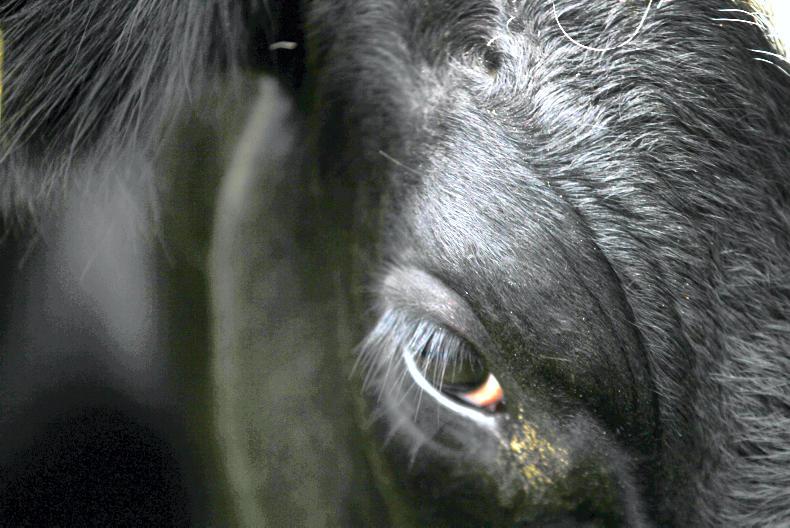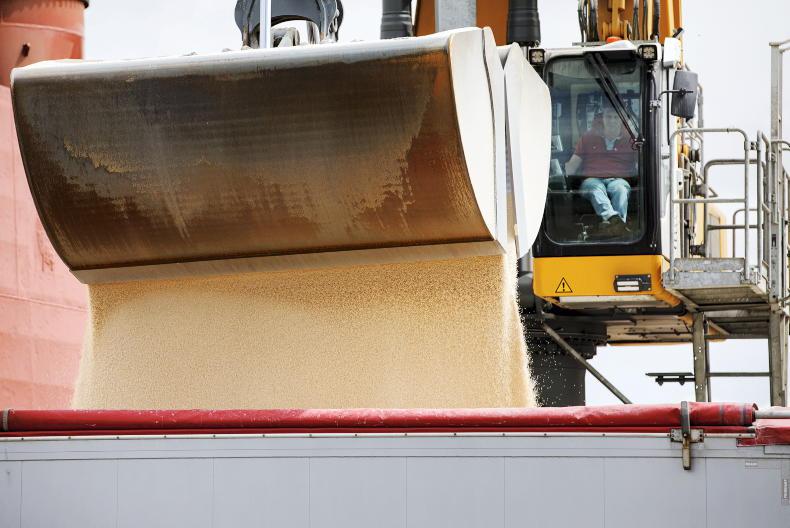Michel Barnier, the EU’s chief Brexit negotiator, said the UK cannot “cherry pick” its post-EU membership arrangement with its former colleagues.
Speaking publicly in Brussels today for the first time since his appointment in October by Commission president Junker, he told the press that “being a member of the EU comes with rights and benefits. Third countries [non-members, which the UK will be after Brexit] can never have the same rights and benefits since they are not subject to the same obligations.”
This was one of the four main principles he said that informed the Brexit negotiations from the EU side. They also included a commitment to unity and a commitment not to start negotiations prior to the UK triggering Article 50. He has in place a team of 30 officials earmarked to handle the negotiations and envisages completion by the autumn of 2018 if the UK triggers Article 50 by the end of March 2017.
The cherry-picking reference was used in the context of migration and access to the single market, which he said was one of the four key principles of the EU and wouldn’t be negotiable.
When pressed on the UK’s future relationship with the EU, the chief negotiator said he “didn’t like to speculate very much”, preferring to say “keep calm and negotiate” before adding “the sooner, the better”.
In his first outing before the media on the Brexit issue and the EU’s negotiating position, his frankness on not having a negating position in advance of the process formally beginning sends a message to both sides. To the UK, the message is that they won’t be choosing the terms of their leaving the EU, while the message to the remaining EU 27 is that they won’t allow a departing member have better terms than those that chose to stay.
Of course, as with the UK prime minister’s statement in September, there is an element of putting down a marker in advance of negotiations that say we will be tough. As always, when negotiations begin, all parties will have some flexibility that they won’t reveal in advance. From Ireland’s perspective, north and south, we need the parties to approach negotiations with an emphasis on securing the freest trade possible to facilitate movement of product both ways on the island of Ireland.
Read more
What Brexit will mean for farmers on the island of Ireland
Michel Barnier, the EU’s chief Brexit negotiator, said the UK cannot “cherry pick” its post-EU membership arrangement with its former colleagues.
Speaking publicly in Brussels today for the first time since his appointment in October by Commission president Junker, he told the press that “being a member of the EU comes with rights and benefits. Third countries [non-members, which the UK will be after Brexit] can never have the same rights and benefits since they are not subject to the same obligations.”
This was one of the four main principles he said that informed the Brexit negotiations from the EU side. They also included a commitment to unity and a commitment not to start negotiations prior to the UK triggering Article 50. He has in place a team of 30 officials earmarked to handle the negotiations and envisages completion by the autumn of 2018 if the UK triggers Article 50 by the end of March 2017.
The cherry-picking reference was used in the context of migration and access to the single market, which he said was one of the four key principles of the EU and wouldn’t be negotiable.
When pressed on the UK’s future relationship with the EU, the chief negotiator said he “didn’t like to speculate very much”, preferring to say “keep calm and negotiate” before adding “the sooner, the better”.
In his first outing before the media on the Brexit issue and the EU’s negotiating position, his frankness on not having a negating position in advance of the process formally beginning sends a message to both sides. To the UK, the message is that they won’t be choosing the terms of their leaving the EU, while the message to the remaining EU 27 is that they won’t allow a departing member have better terms than those that chose to stay.
Of course, as with the UK prime minister’s statement in September, there is an element of putting down a marker in advance of negotiations that say we will be tough. As always, when negotiations begin, all parties will have some flexibility that they won’t reveal in advance. From Ireland’s perspective, north and south, we need the parties to approach negotiations with an emphasis on securing the freest trade possible to facilitate movement of product both ways on the island of Ireland.
Read more
What Brexit will mean for farmers on the island of Ireland









SHARING OPTIONS